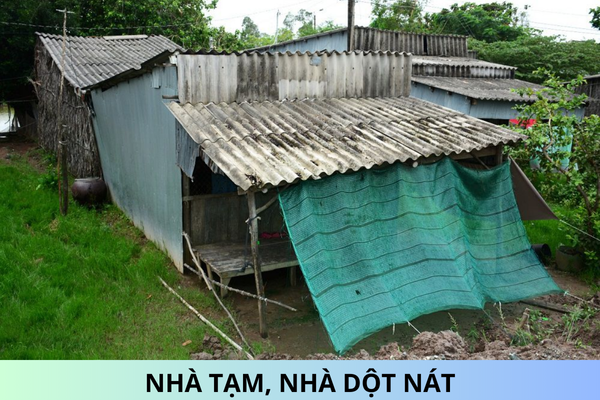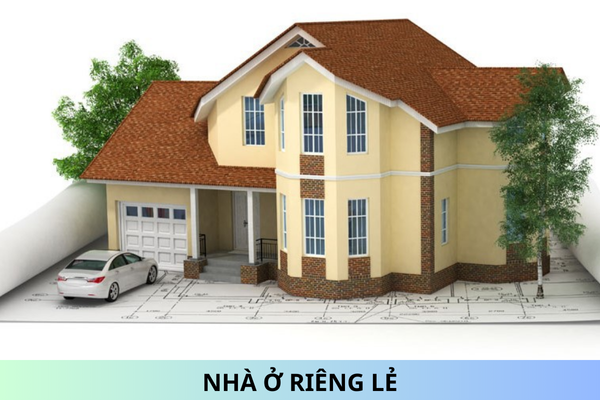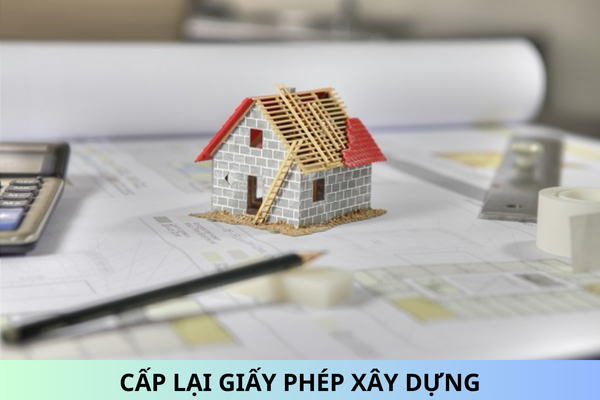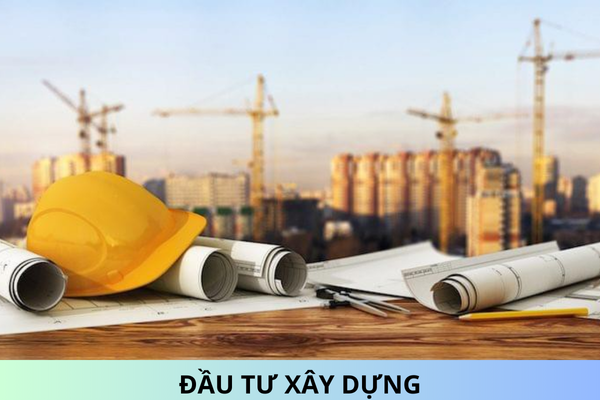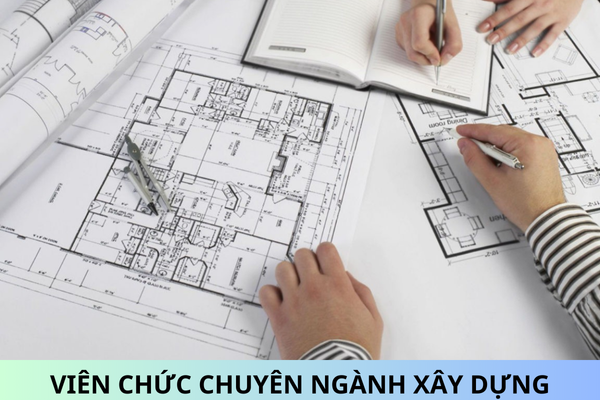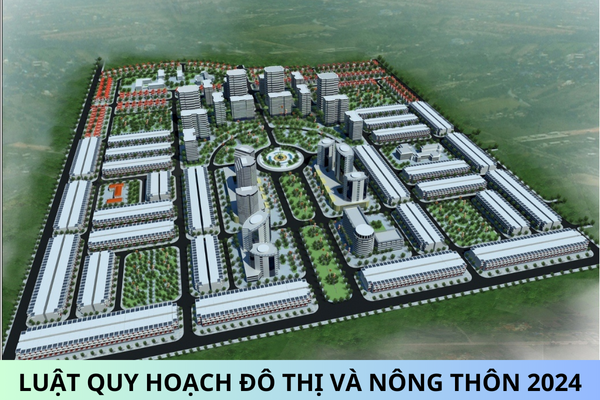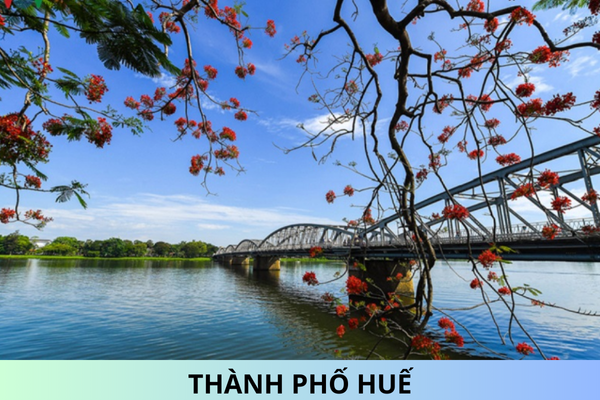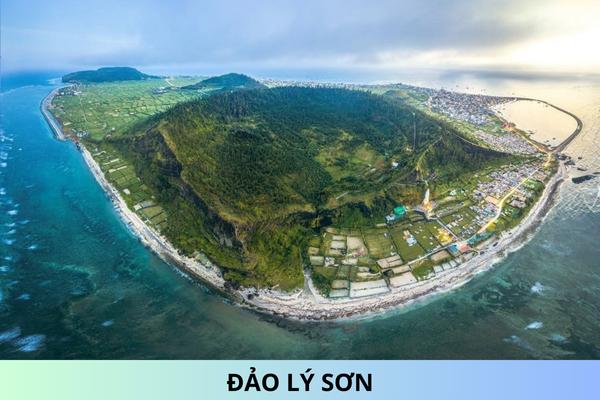Effectively implementing the Program to strengthen environmental protection, food safety and rural clean water supply in the construction of new rural areas in the 2021-2025 period in Vietnam
What are regulations on effectively implementing the Program to strengthen environmental protection, food safety and rural clean water supply in the construction of new rural areas in the 2021-2025 period in Vietnam? What are regulations on propagating and raising awareness about digital transformation in new rural construction in the 2021-2025 period in Vietnam? What are regulations on promoting the construction of digital government in the construction of new rural areas in the period of 2021-2025 in Vietnam?
Thank you!
What are regulations on effectively implementing the Program to strengthen environmental protection, food safety and rural clean water supply in the construction of new rural areas in the 2021-2025 period in Vietnam?
Pursuant to Article 19 of the Circular 05/2022/TT-BNNPTNT stipulating the effective implementation of the Program on strengthening environmental protection, food safety and rural clean water supply in new rural construction in the 2021-2025 period as follows:
Implement the contents specified in the Prime Minister's Decision approving the Program to strengthen environmental protection, food safety and rural clean water supply in new rural construction in the 2021-2025 period; Decision No. 1384/QD-BNN-QLCL dated April 15, 2022 of the Ministry of Agriculture and Rural Development approving the Scheme to ensure food safety and improve the quality of agriculture, forestry and fishery in the 2021-2030 period and related manuals. In particular, focus on implementing the following contents:
1. Rural clean water supply
a) Review, adjust and update the content of rural clean water supply into the rural planning ensuring sustainable rural water supply, adapting to climate change and water resource degradation;
b) Support to invest in a number of models of clean water supply in specific areas, areas with scarcity and difficulties in water resources (area of drought, water shortage, saline intrusion, flood, inundation, inundation, deep-lying, remote, mountainous, coastal, border and island areas);
c) Repair, renovate, upgrade and expand existing centralized clean water supply works (in which focusing on upgrading water quality treatment technology, increasing capacity, expanding water supply network, stabilizing exploited water sources under the influence of natural disasters and climate change);
d) Develop and pilot a number of models of safe water collection, treatment and storage for households or groups of households, and models of household water supply adapting to climate change for residents in special areas lacking of access to centralized water supply, scarcity and difficulty in water resources.
2. Domestic solid waste
a) Provide technical support, equipment and biological products to classify domestic solid waste at households; build and implement models of classification and collection of daily-life solid waste suitable to areas with different population densities and purposes of waste after classification;
b) Organize a thorough and effective collection network; form and perfect collection methods suitable to the characteristics of each locality; appropriate planning and investment in infrastructure of daily-life solid waste collection points and transfer stations; equip waste storage facilities and equipment in public areas to ensure convenience, environmental friendliness and beauty;
c) Develop, implement and perfect the market linkage model to recover, produce and consume recycled and reused products from waste;
d) Support investment in building a model of domestic waste treatment at district or inter-district scale, applying appropriate technology, meeting environmental technical regulations in each province and central-affiliated cities.
3. Domestic wastewater
a) Review and develop a plan for organizing the drainage and treatment of daily-life wastewater, integrating it into the commune's rural construction planning, and implementing the drainage and domestic wastewater treatment works according to the prescribed plan;
b) Develop and replicate models of rural daily-life wastewater collection and treatment suitable to the characteristics of each locality;
c) Pilot implementation of a number of models of rural domestic wastewater collection and treatment, applying low-cost, ecological technology, model of collection of fees for domestic wastewater treatment in rural residential areas.
4. Agricultural waste and by-products
a) Develop and replicate models of treatment of livestock waste and agricultural by-products in the direction of waste recycling for agricultural production and other purposes;
b) Model of supply and exchange of livestock waste to form a waste exchange market or transfer it to a producer of organic fertilizers;
c) Build and replicate the plastic waste management model in agricultural production.
5. Plant protection drug packaging
a) Invest in equipment, tools and means of collecting, storing and transporting plant protection drug packages after use, ensuring that they are not released into the environment;
b) Complete technology and build pilot models of technology application on treatment of used plant protection drug packages into ordinary waste;
c) Complete and replicate the management models of used plant protection drug packages to suit local conditions.
6. Environmental protection of craft villages
a) Support to invest in, upgrade, build and operate an appropriate system of collection and treatment of wastewater and solid waste to meet the requirements of environmental protection for each traditional craft village, focusing on the following groups: trade villages for food and food processing, animal husbandry, slaughtering and a group of villages for silk incubation, weaving, dyeing and tanning;
b) Support to build models for pollution remediation and environmental improvement in seriously polluted craft villages; handle pollution in craft village areas that have been seriously polluted after relocating production facilities.
7. Rural environmental landscape
a) Formulate, approve and implement district-level projects on improving the quality and landscape of surface water environment in public areas; organize monitoring of water quality changes in public ponds and lakes located in rural residential areas; renovate the landscape and restore the quality of the water environment when it is polluted;
b) Support the development and replication of landscape improvement models in the direction of multi-function; increase the planting of trees in public areas and traffic routes; link landscape construction with rural tourism development and build grassroots cultural life.
8. Food safety for agriculture, forestry and fishery
a) Communes and districts meeting the newly-advanced rural standards have approved organic agricultural production schemes;
b) Organize training, improve the supervision capacity of the community on food safety; develop self-managed community groups on food hygiene and safety; propagandize, train, raise awareness and capacity on compliance with regulations on food safety assurance for producers.
9. Cleaning work
a) Gradually eliminate unsanitary latrines, stop using open-air toilets, focus on safe hygiene for women and vulnerable groups, and access to sanitation for people with disabilities; mobilize and mobilize support for poor and near-poor households to build and use hygienic latrines;
b) Complete, popularize and replicate models of simple hygienic latrines responding to natural disasters and climate change, suitable to local practices and people's ability to pay; pilot application of multi-function toilet model in some schools, cultural houses and offices.
What are regulations on propagating and raising awareness about digital transformation in new rural construction in the 2021-2025 period in Vietnam?
Pursuant to Clause 1 Article 20 of the Circular 05/2022/TT-BNNPTNT stipulating propagating and raising awareness about digital transformation in new rural construction in the 2021-2025 period in Vietnam as follows:
1. Propaganda and awareness raising about digital transformation in new rural construction
a) Promote propaganda, awareness raising and thinking change about digital transformation in new rural construction for Communist Party committees, authorities, officials and communities;
b) Diversify forms of communication on the basis of digital technology: Electronic portals (websites), social networks, newsletters, topics, documents; promote connection and integration with propaganda activities in new rural construction.
What are regulations on promoting the construction of digital government in the construction of new rural areas in the period of 2021-2025 in Vietnam?
Pursuant to Clause 2 Article 20 of the Circular 05/2022/TT-BNNPTNT stipulating as follows:
2. Promote the building of digital government in new rural construction
a) Strengthen the development and application of an interconnected and synchronous online public service system at the provincial, district and commune levels; improve services to serve people using online public services; strengthen the implementation of administrative reform in association with e-government, level 3 - 4 online public services at the commune level;
b) Improve access to telecommunications services, support people to use information technology equipment (free wireless internet (wifi) in the center of the commune, cultural activities in the community; rural tourist spots, etc);
c) Promote the application of information technology in management and administration activities at all levels (districts and communes), especially the management of rural construction planning and the fields of economy, health, education, culture, and environment;
d) Increase the application of digital technology in the management and implementation of the National Target Program on building new rural areas:
Promote the application of digital technology in the organization of implementation, information and communication, training and training in the implementation of the National Target Program on building a new rural area, ensure synchronization and consistency from central to local levels. (Commune, district, province).
Application of online management software in work: Planning, appraisal and recognition of localities meeting new rural standards and reporting results of implementation of the National Target Program on building new rural areas; support the management, monitoring and evaluation, classification, OCOP products and rural tourism; monitoring environmental quality, managing waste and pollutant sources and providing clean rural water.
Best regards!
